A lot of homeowners only schedule air conditioning repair when their system totally fails. However, the fact is your air conditioner will often show signs of trouble before a total breakdown that results in new AC installation. Noticing early problems and calling the experts at Anderson Heating & A/C to fix issues early can help you avoid the hassle and expense of a full AC system failure. More importantly, it can stop you from having to endure the hot and sweaty conditions created by having your AC break down when it’s scorching hot outside.
When you call us, our team of certified HVAC technicians will identify the problem, resolve the issue and get your AC back on track. We have a proven track record in the community and provide high-quality, cost-effective AC service for our community.
Why wait until your cooling system breaks down? Skip all that hassle by calling today to schedule AC repair in Carson City, NV, from Anderson Heating & A/C.
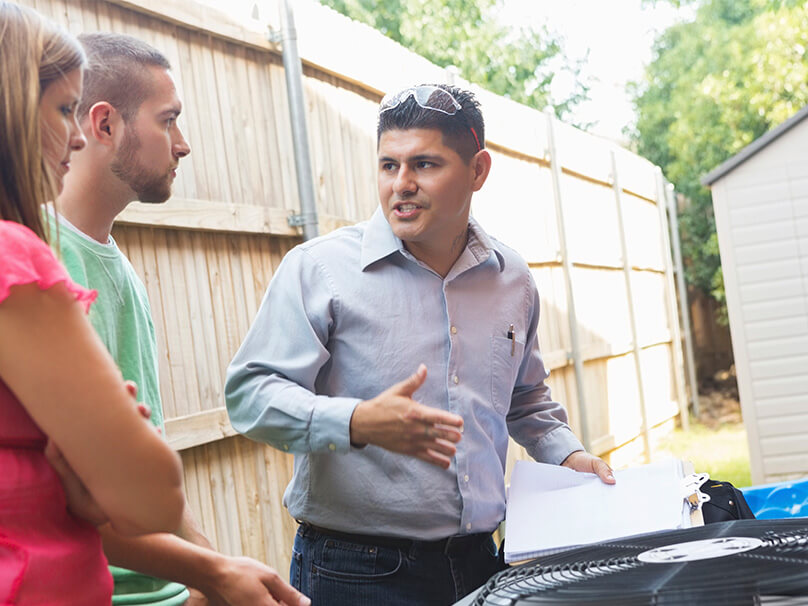
How to Know if You Need AC Repair
What are the signs your air conditioner is having issues? From a stinky smell to a lack of cool air coming from the vents, there are many indicators that your cooling system has is malfunctioning and needs evaluation or repair.
Here are some warning signs that trouble may be around the corner and it’s time to call an HVAC technician from Anderson Heating & A/C:
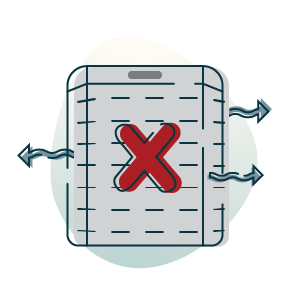
AC is blowing hot air
If heated air is flowing out of your AC unit instead of cool air, or if the air isn’t as cool as it should be, it’s a wise decision to call us for professional cooling service.
Air conditioning frequently turns on and off
If your AC system turns on and off instead of maintaining steady operation, it could be a symptom of underlying trouble and should be looked at by one of our certified HVAC technicians.
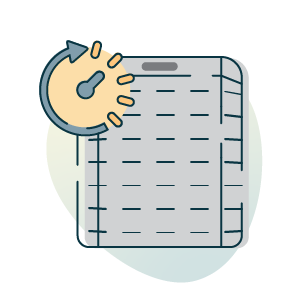
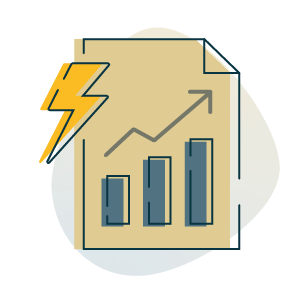
Home energy bills spike for what seems like no reason
A big jump in your energy costs can be a sign your AC unit is not running efficiently, which means it uses more energy to keep your space comfortable and needs AC maintenance or repair.
Unusual smells are coming from your air conditioning
Air conditioners aren’t supposed to smell. Unusual odors coming from your air conditioning system should be inspected by an HVAC technician, as they can be a red flag for issues like mold, mildew or even electrical issues.
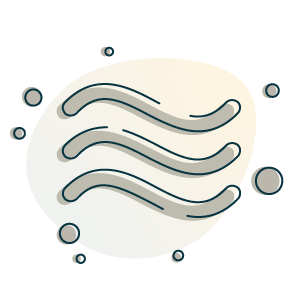
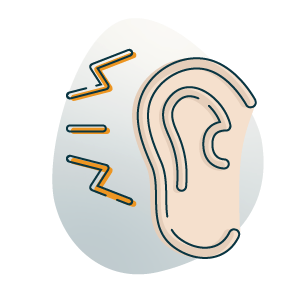
AC starts making noises
If you hear unusual noises when your AC system is running — banging, grinding or squealing, to name just a few — it’s important to call for professional HVAC service to evaluate your system.
Request Professional Air Conditioner Repair Now
When you require air conditioning service without delay, reach the HVAC repair experts at Anderson Heating & A/C. We’ll promptly find the problem when your AC won’t run or give adequate chilly air.
